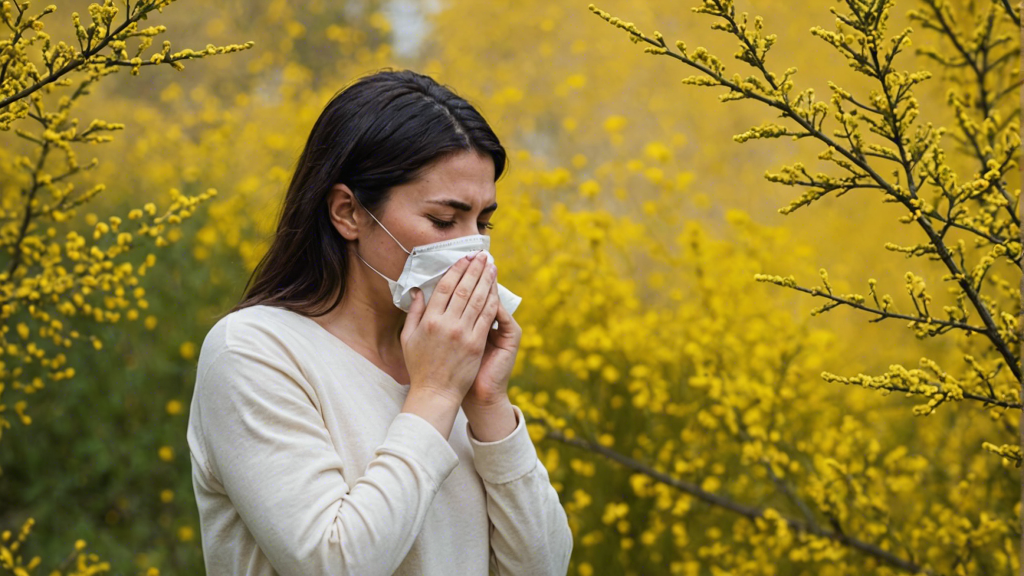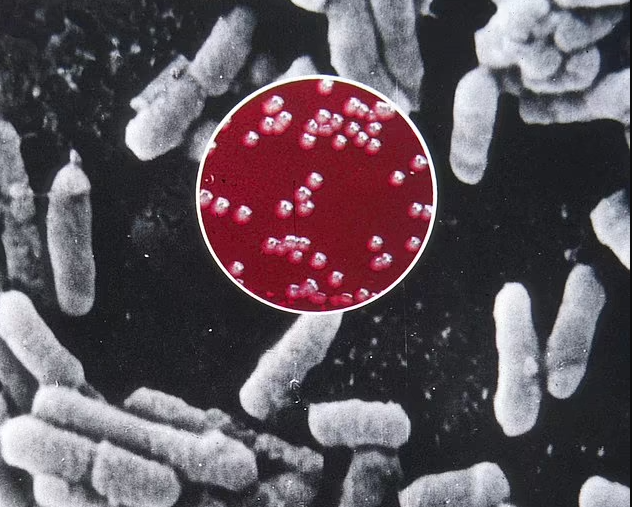Spring brings the promise of warmer weather and blooming flowers, but for many, it also marks the onset of seasonal allergies triggered by pollen. Sneezing fits, itchy eyes, and congestion become all too familiar, affecting millions across the United States. As we delve into the heart of spring, it’s crucial to arm ourselves with effective strategies to combat pollen allergies and reclaim our comfort outdoors. Let’s explore expert insights and natural remedies to navigate this allergy season seamlessly.
Understanding Pollen Allergies:
Pollen allergies, also known as hay fever or allergic rhinitis, stem from an immune system response to inhaling pollen particles from trees, grasses, weeds, or flowers. The immune system misidentifies pollen as a threat, triggering the release of histamine and other chemicals, leading to a cascade of unpleasant symptoms including sneezing, nasal congestion, itchy eyes, and throat irritation. This allergic reaction intensifies during peak pollen seasons, making spring a challenging time for allergy sufferers.
Expert Advice for Pollen Allergy Management:
According to Dr. Meredith Porter, medical director of Inova-GoHealth Urgent Care, proactive measures can significantly alleviate pollen allergy symptoms. Monitoring daily pollen counts based on your ZIP code helps you plan outdoor activities wisely, minimizing exposure during peak pollen periods. Simple precautions such as keeping windows closed, wearing glasses or sunglasses outdoors, and using face masks during yard work can effectively reduce pollen contact. For severe symptoms, seeking guidance from a healthcare provider ensures proper diagnosis and tailored treatment.
Natural Remedies for Pollen Allergy Relief:
While over-the-counter medications offer relief, natural remedies serve as complementary approaches to alleviate pollen allergy symptoms:
- Local Honey: Consuming locally sourced honey may desensitize the body to allergens over time, potentially reducing allergy symptoms.
- Nasal Saline Rinse: Nasal irrigation clears nasal passages of allergens and irritants, providing relief from congestion and sinus pressure.
- Steam Inhalation: Inhaling steam helps alleviate congestion and sinus pressure. Adding essential oils like eucalyptus or peppermint enhances decongestant effects.
- Herbal Tea: Chamomile, green tea, and ginger tea possess anti-inflammatory properties, soothing the respiratory system and reducing allergic responses.
- Probiotics: Foods rich in probiotics support immune function and may reduce allergy symptoms by modulating inflammatory responses.
- Air Purification: Using air purifiers with HEPA filters eliminates airborne allergens, improving indoor air quality and minimizing allergy symptoms.
Embracing these natural remedies alongside conventional treatments empowers individuals to effectively manage pollen allergies and enjoy the beauty of spring without discomfort. By adopting a holistic approach to allergy management, individuals can reclaim outdoor activities and embrace the season with confidence.
As spring unfolds its vibrant tapestry, let’s equip ourselves with knowledge and resources to conquer pollen allergies and savor the joys of the season to the fullest.



